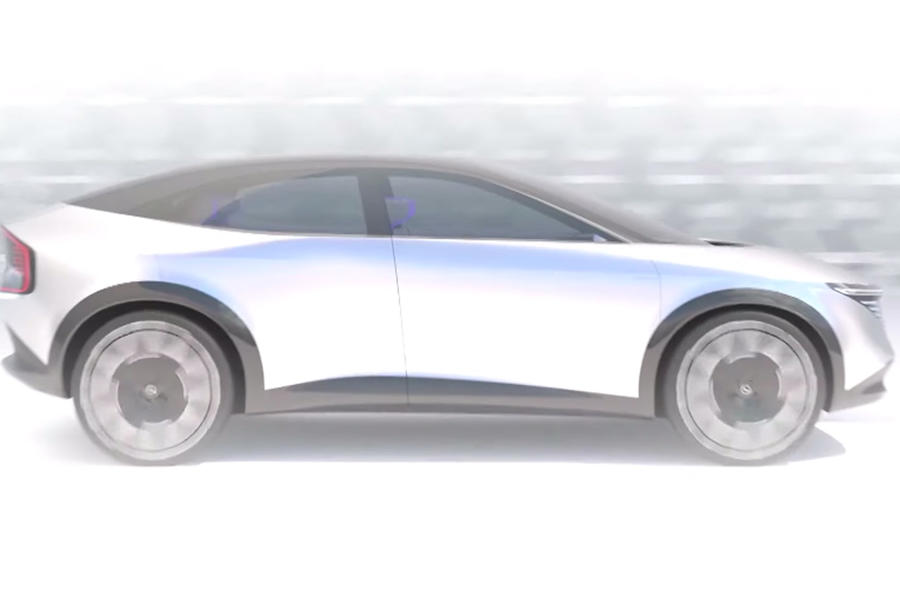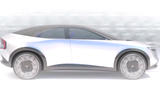Nissan has confirmed wide-reaching plans to electrify its operations in Sunderland, UK with a £1bn commitment to producing EV batteries and an all-new electric car at the site.
The manufacturer's new 'EV36Zero' initiative is jointly funded by Nissan, its battery production partner Envision AESC and Sunderland City Council. It will, says the brand, bring together "electric vehicles, renewable energy and battery production, setting a blueprint for the future of the automotive industry".
The project represents around 6200 jobs at the site and across its supply chain, with 900 new roles created at Nissan and 750 at Envision. The firm's EV36Zero plans have been announced to coincide with the Sunderland factory's 35th anniversary.
Nissan recently outlined plans to expand its Sunderland battery production facility, run by engineering partner Envision, to supply larger power packs for the UK-built Nissan Leaf, in line with post-Brexit foreign trade rules. Now, an all-new facility will supply power packs for all Nissan EVs, as Nissan works to create "a world-first EV manufacturing ecosystem".
To receive the latest industry news, please click here to sign up to the Autocar Business newsletter
The new, dedicated battery factory will far exceed the 1.9GWh capacity of that existing facility with an eventual capacity of 35GWh - matching the output of Tesla's site in Nevada. With Envision initially investing £450m, it will enter operations with a capacity of 9GWh, ramping up to 25GWh by 2030 and full capacity ten years later, with Envision's investment eventually amounting to £1.8bn. Nissan said it will supply batteries for up to 100,000 of its EVs per year.
Having produced batteries for the Leaf and eNV200 van in the UK since 2012, Envision will seek to "increase the cost-competitiveness of EV batteries produced in the UK" with new 'Gen5' battery technology offering 30% more energy density for improved range and efficiency.

















Join the debate
Add your comment
A few 10's of millions of government investment now is absolute bargain, for 1000's not on benefits, paying tax, spending money (VAT returns), building 100,000's of EV's making the government a fortune in sales tax income. Its a no brainer.
As Nissan gets into full swing as an EV producer I would like to see it steal a Tesla strategy and setup a bespoke high speed charger network for its customers. It can't be understated how much advantage its given Tesla.
People have to make decisions otherwise nothing is ever accomplished.
I knew people who were undecided right up until the day of the BREXIT vote - then months later were agressively insulting people who voted differently to them, no doubt carried away with the lust to aggressively attack or belittle those who don't agree with them, a behaviour encouraged by some sections of the media intent on causing division.
I was also undecided right up until the vote, but like it or not, we are where we are and it's time to move on, so whilst we need to keep an open mind on political motives, we also need to grab some positives from this and pull together to make things work.
Otherwise do people really want this country to turn into a bankrupt, derelict, crime-ridden (even more so) nation just so they can say "I told you so"?
@Scotty,
Actually we weren't in the EU in 1982, that wasn't created until 1993. Back then we were in the EEC. EU has a much broader remit than the EEC ever did.
Yours pedantically :)